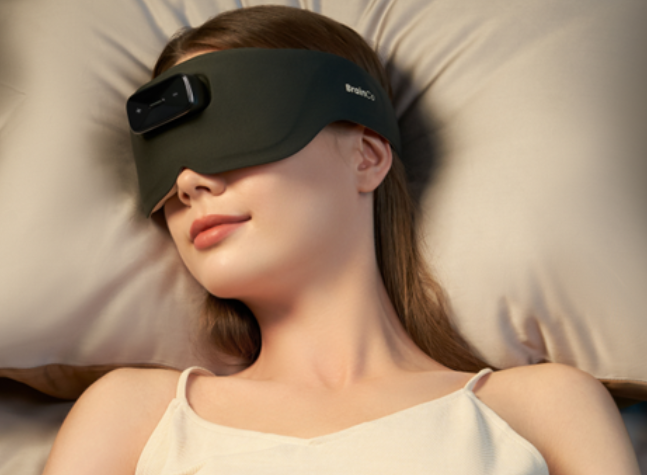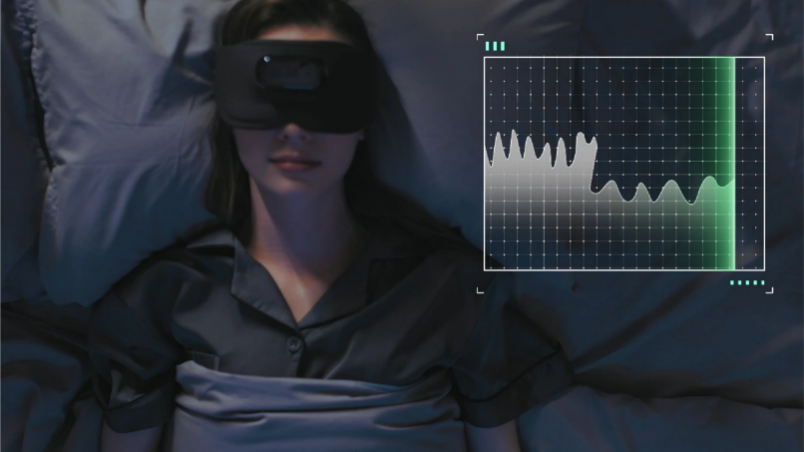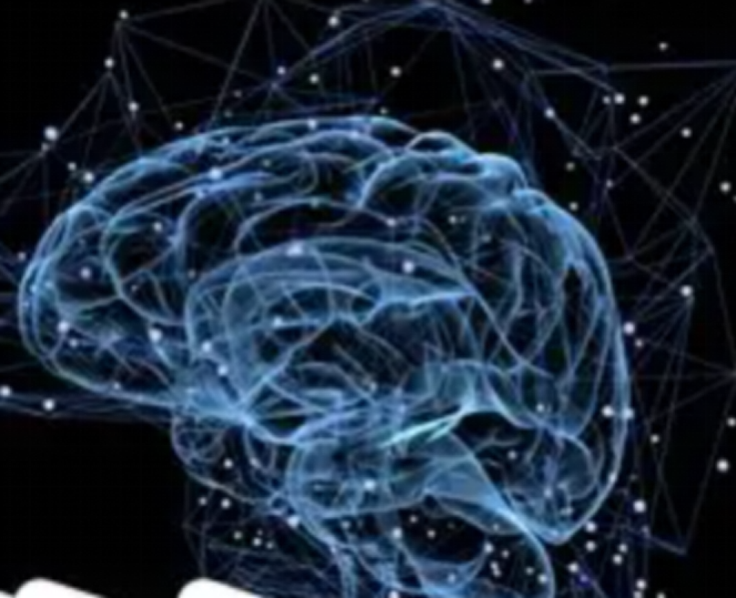BCI Sleep Management: Decoding Brain Waves to Improve Insomnia Treatment

For millions struggling with insomnia, traditional treatments have long fallen short: prescription medications carry risks of dependency, while behavioral therapies often rely on subjective self-reports. This gap is now being addressed by a groundbreaking non-invasive brain-computer interface (BCI) sleep management system launched in 2025 by Chinese tech firm NeuroSleep Tech. By decoding real-time brain wave patterns and delivering personalized neurofeedback, the device represents a leap forward in precision sleep therapy—one that could redefine how we treat sleep disorders globally.
At the heart of this innovation lies a fusion of advanced electroencephalogram (EEG) sensing and artificial intelligence. The lightweight headset, worn during sleep, captures brain activity across five sleep stages, using a Random Forest-XGBoost ensemble algorithm that achieves 96.11% accuracy in classifying wakefulness, light sleep, deep sleep, and REM cycles—a significant improvement over older single-channel EEG systems. Unlike bulkier medical-grade equipment, its wireless design and soft, skin-safe electrodes prioritize comfort, addressing a key barrier to long-term use. The AI analyzes patterns in real time: detecting excessive beta waves linked to racing thoughts, it triggers subtle audio cues or gentle haptic feedback to guide the brain toward alpha and theta waves associated with relaxation.

Clinical trials highlight the system’s efficacy. In a 2025 study with 300 participants, 82% reported reduced sleep onset latency (time to fall asleep) within four weeks, while 76% experienced fewer nighttime awakenings. Notably, users with chronic insomnia showed sustained improvements at three-month follow-ups, outperforming traditional digital cognitive behavioral therapy (dCBT) in maintaining long-term results. “It’s like having a sleep coach that speaks your brain’s language,” says one participant, reflecting feedback on the system’s adaptive learning—its algorithms refine interventions based on individual responses over time.
Accessibility defines its impact. Traditional insomnia treatments often cost two thousand United States dollars monthly for specialized care, while NeuroSleep Tech’s device costs three hundred United States dollars upfront with a modest subscription for AI analysis. This affordability aligns with the global BCI market’s growth trajectory, projected to reach 6.16 billion United States dollars by 2032, driven by demand for non-invasive solutions. The system also integrates with smartphones, allowing users to track sleep metrics and share data with healthcare providers—bridging the gap between home monitoring and clinical support.
Significant challenges persist for NeuroSleep Tech, including optimizing performance to cater to users with highly variable brain wave patterns—a demographic that poses unique technical hurdles due to the inconsistency of their neural signals—and securing crucial regulatory approvals in high-priority markets like the European Union and the United States, where stringent compliance standards often prolong product launch timelines. Nevertheless, the company’s unwavering focus on continuous refinement, which leverages anonymized sleep data from a global user base to iteratively enhance its core algorithms, solidifies its competitive position against established Western counterparts such as Neurovalens’ Modius Sleep in the fast-evolving neurotechnology-driven sleep solutions sector.

As sleep disorders surge worldwide, this BCI system exemplifies how neurotechnology can democratize access to precision healthcare. By decoding the brain’s sleep signals and responding in real time, it transforms passive monitoring into active therapy. For those trapped in cycles of sleeplessness, it offers more than rest—it offers a new understanding of their brain’s rhythms, and the power to master them.
(Writer:Frid)





